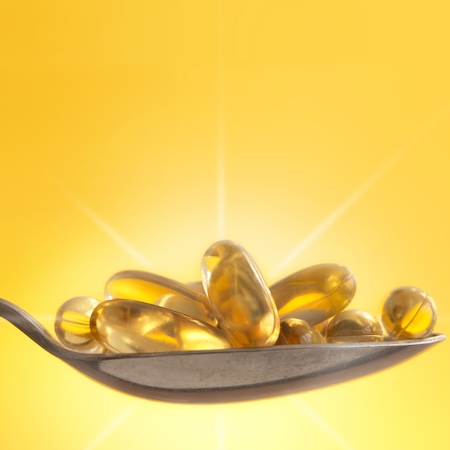GrassrootsHealth has declared the month of May to be “Sunshine Month” to raise awareness about the importance of sunshine. During the month of May, we will be providing information about why the sun plays an essential role in human health, including reviews of some of the latest research on the benefits of sun exposure, and tools to assess sensible sun exposure and track vitamin D status and health outcomes.
“Nothing is more important to us on Earth than the Sun. Without the Sun’s heat and light, the Earth would be a lifeless ball of ice-coated rock. The Sun warms our seas, stirs our atmosphere, generates our weather patterns, and gives energy to the growing green plants that provide the food and oxygen for life on Earth.” – NASA from “A Meeting with the Universe”
The sun provides vitamin D
One of the benefits of sun exposure is vitamin D. Your body is naturally designed to produce vitamin D when skin is exposed to midday sunlight, specifically the sun’s ultraviolet-B (UVB) rays. Vitamin D is necessary to keep our bodies and minds healthy. Your body needs vitamin D to effectively absorb calcium and together these nutrients build and maintain strong bones. Vitamin D also plays a key role in neuromuscular function, the immune system, and has been associated with a lower risk of many diseases including cancer, diabetes, multiple sclerosis, and Alzheimer’s disease.
Vitamin D deficiency, defined as a blood level of 25-hydroxyvitamin D below 20 ng/ml or 50 nmol/L, is common world-wide for all age groups, especially in the Middle East and Asia. Data from the 2013-2014 National Health and Nutrition Examination Survey (NHANES) shows that within the United States population, approximately one-quarter (23%) have levels below 20 ng/ml (50 nmol/L) and a vast majority (89%) have levels below 40 ng/ml (100 nmol/L), the bottom level of the range recommended by the GrassrootsHealth panel of expert scientists. Contributing to this deficiency is the decreased amount of time spent outdoors compared to any other time in human history.
Non-vitamin D benefits of the sun
In addition to vitamin D production, there are many more benefits to our health and well-being from sun exposure. When skin is exposed to the sun’s UVA rays, nitric oxide is released which increases blood flow and lowers blood pressure. Sunlight exposure also thickens the outermost layer of the skin and increases skin pigmentation which protects the skin and deeper tissues from UV damage. Additionally, UVB exposure results in the production of beta-endorphins which increase the feeling of well-being, promote relaxation, relieve pain, and boost the immune system. While vitamin D supplementation is important for many people to achieve 40 ng/ml (100 nmol/L) in today’s culture, it does not replace these non-vitamin D benefits of sun exposure. While it is always important to be mindful not to burn while out in the sun, we encourage you to get outside and join us in celebrating the sun during the month of May!


